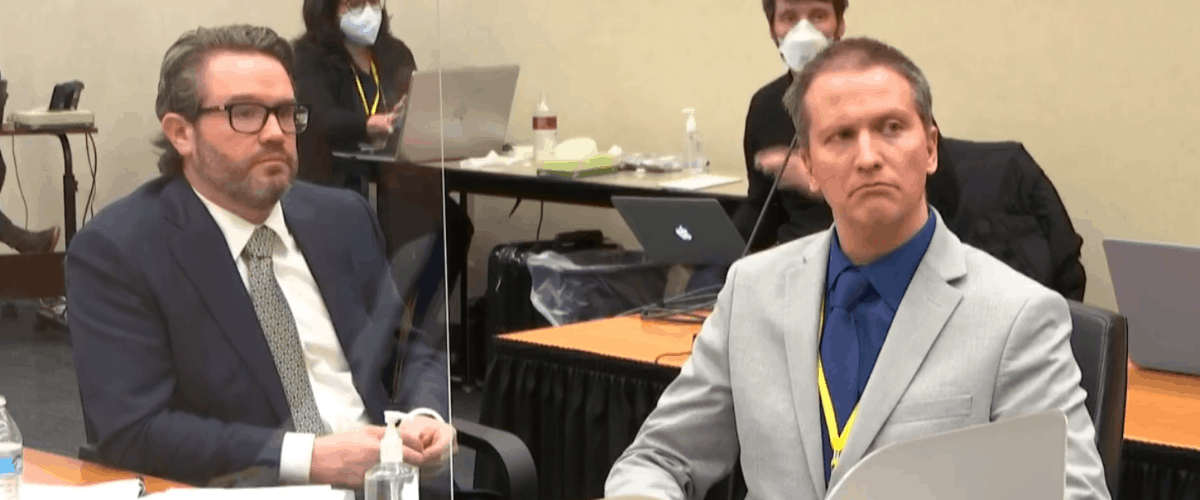The trial of Derek Chauvin has concluded and a verdict reached. But before you form an official opinion, it’s best to fully understand everything what it all means. Here’s it is: explained.
On April 20, 2021, a trial was held for former Minneapolis police officer Derek Chauvin. He was being tried for the murder of George Floyd. The trial specifically was for unintentional second-degree murder, third-degree murder and second-degree manslaughter.
What Happened Leading Up to This
Odds are you at the very least heard about this. Back in 2020, a black man named George Floyd died while being placed under arrest by MPD. Bystander footage showed that Chauvin was using force on Floyd, applying pressure to his neck with his knee. Floyd passed away while being arrested. At the time, it was believed that the death was caused by strangulation from the aforementioned knee hold.
This quickly escalated across America (and even other countries) as a display of excessive force by the police. Many folks believed that Floyd would not have died had the officer followed proper protocol. This grew into large scale anti-police brutality protests across the country. The various protests eventually took the overall title of the “Black Lives Matter movement.”
After enough public outcry, Chauvin was let go from the police force. He was then arrested in preparation for this trial.
The Trial Results and What They Mean
The trial, taking 13 days, looked deeply into the circumstances. Medical experts confirmed the claims of suffocation by force, evidence of neglect was shown, and counterarguments were made. After much deliberation, Chauvin was found guilty of all three accounts. He also was revoked bail and is now awaiting sentencing, which will take place in about eight weeks.
Revoking bail means that Chauvin will not be allowed freedom while awaiting trial, but will remain in jail. Second-degree murder can get up to 40 years in prison, third-degree murder can get up to 25 years, and Second-degree manslaughter can get up to 10 years. At the most severe, he could see up to 75 years in prison.
Sentencing is often shorter for first time offenders, however, averaging 10 to 15 years for murder and about five years for manslaughter. So he could serve as few as 25 years in prison.
There are also additional factors that could increase time. Chauvin commit murder in front of a nine-year-old child, who was present at the arrest.
What’s Next?
On a more specific scale, the actual sentencing still needs to take place. The other officers involved are still awaiting their own trial. The two are being charged with aiding and abetting, and expect a joint trial in August.
The public are still calling for the arrest and trial of officers Jonathan Mattingly, Brett Hankison, and Myles Cosgrove of the Louisville Metro Police Department. The officers, while in plain clothes, busted into the home of Breonna Taylor, a 26-year-old medical worker, shooting her to death. Various legal actions were taken, with no one being charged for murder.
On a more grand scheme, there’s still a great concern for corruption in the police force. Many people believe that an incident like this would not have led to Chauvin’s arrest had there not been so much public pressure to do so. As such, it brings to question what other displays of power abuse and force are used by police officers on the expectation to “get away” with it.
But we’re not here to give you our opinions, just the public facts.

